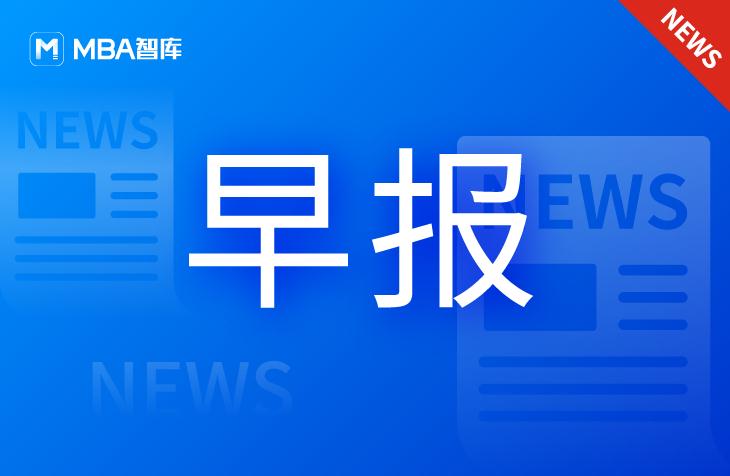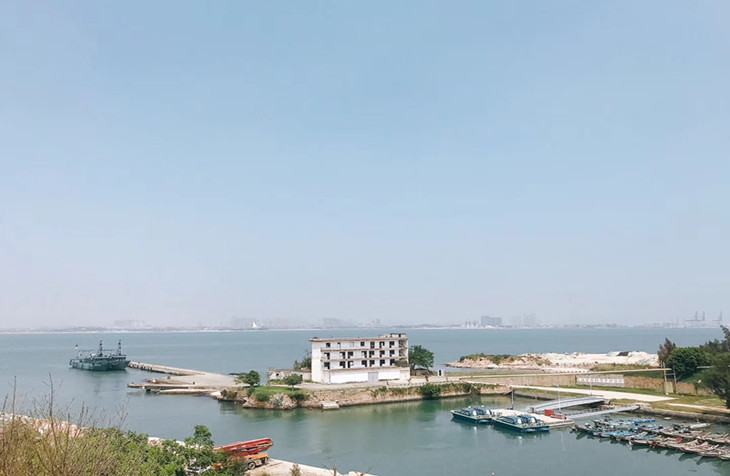针对美国近期针对人民币汇率问题频频向中国施压,新华社昨日刊文斥责美国为最大汇率操纵国。
昨日,新华社记者分别用中英双语撰写文章批评美国指责中国操纵人民币汇率,并将汇率问题政治化。中文文章标题非常醒目,直指美国——《美国是世界最大的汇率操纵国》,英文文章为Ridiculous Logic of politicizing Chinese yuan Exchange rate(将人民币汇率问题政治化的逻辑是荒谬的)。
本月15日,美国130名议员联名致函财政部长盖特纳和商务部长骆家辉,要求对中国采取的“货币保护主义”行为进行深入调查,并在即将于下个月发表的国际货币政策报告中认定中国为“货币操纵国”。这些议员还呼吁,在此基础上对中国输美产品征收惩罚性的反补贴税。
以下是新华社斥责文章中文全文:
充分的证据表明,频频指责别国操纵汇率并不断施压强迫别国改变币值的美国才是世界上最大的“汇率操纵国”。这个唯狭隘经济利益和政治利益至上的霸权国家,其实根本没有什么资格对别国的汇率及相关政策进行祖师爷般地指手画脚、说三道四。
当然,美国操纵汇率的手段和方式是比较隐蔽和狡诈的。中国社科院金融所金融市场室主任曹红辉指出,美国一直在通过间接的方式、圆滑的手腕操纵着美元汇率,例如,它常常通过带有欺骗性的投行报告、专家研究结果等向市场释放诱导信息而使美元升值或贬值。
近期,美国对冲基金沽空欧元、英镑,未来还有可能攻击日元,正是美国隐形操纵美元的一个例子。通过攻击这些主要经济体的货币,美国得以维持美元霸权工具的强硬地位,帮助自己摆脱经济衰退的泥沼,并抢到新一轮的发展先机。
美国通过操纵美元汇率还使中国等发展中国家的美元储备和美元资产大幅缩水,以化解自己庞大的外债压力,同时利用“估值效应”提升自己的对外资产价值。
例如,在美联储主动操纵下,1985年《广场协议》签订后,美元狂贬逾40%,2001年后,美元相对主要货币又持续贬值超过30%。相应的,2001年到2006年,美国对外总负债虽然增加3.856万亿美元,但净负债却减少1990亿美元,即净赚资本收益4.055万亿美元,其中,操纵美元贬值贡献8920亿美元,压迫别国货币升值、制造资产价格变动净赚3.163万亿美元。
而耍弄政治、外交和贸易手段压迫人民币按其要求和标准升值,还企图使中国的出口贸易陷入困境,大批企业倒闭,无数工人失业,经济萎靡不振,并诱发社会动荡。
为了应对自己引发的金融危机的冲击,美国必须天量印刷钞票及借钱,而在借钱的过程中,它必须使美元升值以提升诱惑力。于是,美国先是通过平准基金大量抛售欧元,导致欧元狂跌、美元上涨,然后,又大肆印制钞票,并通过填平坏账等一系列复杂操纵程序和手段,控制流通美元的增长率,以达到自己的目的。
以下是斥责文章英文全文
With mid-term elections looming in the United States, some U.S. senators have proposed Legislation at a high-profile press conference at the Capitol Hill on Tuesday to press China to appreciate Its Currency.
They have threatened Beijing with duties on some of Its exports if it fails to revalue Its Currency and pressured the Obama Administration to lable China a "Currency manipulator."
According to their Logic, China's Currency, the Chinese yuan or Reminbi, is "Undervalued," which avails Chinese exporters of an "unfair Competition advantage" and leads to the huge Trade deficit on the U.S. side. Accordingly, their conclusion is: raising the Value of the yuan against the U.S. Dollar is the sole solution.
It has become a customary practice for Western politicians to press for Appreciation of the yuan when their domestic Economy is in trouble.
"It's always easier to blame someone else for your failings," said British newspaper The Sunday Telegraph on Sunday.
Western politicians Did not explore the origin of the global Financial crisis, instead, acted as if their countries' Economic downturn is China's fault. Obviously, this is illogical.
Is the yuan really Undervalued?
Liam Halligan, Chief economist at Prosperity Capital Management, argued that the Chinese yuan may not be Undervalued as much as Western politicians think.
Although Chinese exports rose by 46 percent in the first two months of 2010, the rise was from a very low base -- with February 2009 being the epicenter of the U.S.-sparked sub-prime storm, he said.
He also pointed out that China's Trade surplus dropped by 51 percent in the same period. That means China's Gain in exports was outweighed by an Import surge.
China began Its Currency reform to unpeg the yuan against the U.S. Dollar in July 2005, the yuan has appreciated 21 percent against the U.S. Dollar, or 16 percent in real terms.
Chinese Premier Wen Jiabao said last Friday that China Did not depreciate the yuan "from July 2008 to February 2009 when the global Economy was in extreme trouble," instead, it appreciated the yuan "in real terms by 14.5 percent."
Secondly, would a Sharp Appreciation of the yuan cut the Trade deficit against China as the West claims?
The answer is a clear "No."
In most Cases, the deficit of some Western countries's Trade with China originates from their Trade policies and Structure; therefore, pressing for the Appreciation of the yuan will not help resolve the Trade imbalance.
The Trade between China and the United States is a good example.
The majority of China's exports to the United States are labor-intensive Commodities, while U.S. exports to China are, in most Cases, Technology or capital-intesive high-value added products. This situation conforms to the principle of seeking comparative advantages in a Free trade world.
However, Washington has long pursued a biased Policy of limiting the Sale of High technology and related products to China, Leading to the Trade imbalance across the Pacific.
Just as Steve Forbes put it, the United States started in the 1970s to put pressure on Japan to change the Value of the Yen. The result is that "the Dollar today has fallen 75 percent against Yen, and we still have a Trade deficit."
What's more, the deficit of the West against China is not as "huge" as those people have claimed.
The West often ignores a very important fact: a majority of China's exports to the Western developed world are produced by foreign-funded companies or joint ventures with foreign partners, and huge profits go back into the pockets of the West.
Statistics show that, from 1995 to 2005, 62 percent of the increase of China's exports came from foreign-funded companies in China.
It is widely accepted that appreciating the yuan is, by no means, a catholicon to heal the Trade imbalance.
"The Dollar depreciated sharply against the currencies of Canada and the Eruozone after 2002, yet our bilateral deficit with both those regions continued to grow," said Daniel Griswold, Director of the Center for Trade Policy Studies at the Cato Institute.
He predicted that China would remain Competitive in a broad Range of manufactured products "even if the yuan were 25 percent higher."
As a Matter of fact, quite a Lot of member companies of the U.S.-China Business Council do not regard the yuan Exchange rate as a Major element affecting their Competitive edge in the Chinese Market. On the contrary, these companies are concerned with the politicizing of the Currency issue, fearing a possible negative Impact on their exports to China.
Making an issue of the yuan rate is not helpful to resolving the Trade deficit. Instead, it will bring upsets and twists to the recovery process of the global Economy at large.
As foreign-funded companies and joint ventures account for a big percentage of the export-oriented enterprises in China, the Sharp Appreciation of the yuan would increase the Cost of their products and services. Their exports would drop dramatically and the Customers in the West would have to spend more, which implies a blow to the global Trade and Economic recovery.
Pressuring China to revalue the yuan would also raise the expectations on overall Appreciation of Asian currencies, which could Lead to Speculation and gambling of "Hot money", thus disturbing the Asian and global Financial order as a whole.
The Sunday Telegraph reported that Currency Derivative traders, having sucked Up the White House spin, on Monday were betting on a 3 percent rise against the Dollar.
It is well-known the Chinese Economy has become a Major engine for the World economy. A stable yuan is of vital significance to the global Economic development and the Stability of the international monetary system.
The United Nations Conference on Trade and Development (UNCTAD) warned on Tuesday that "expecting that China will leave Its Exchange rate to the mercy of totally unreliable markets and Risk a Japan-like Appreciation shock ignores the importance of Its domestic and external Stability for the region and for the globe."
In Short, pressing China for a Sharp Appreciation of the yuan will bring Benefit to no-one. The world is skeptical of the motives of those politicians Who are eager to politicize the Exchange rate. What the West, including the U.S., has to do is to readjust their Policy, reform Economic structure and take on their due international Responsibility.






暂无评论,点击讲两句